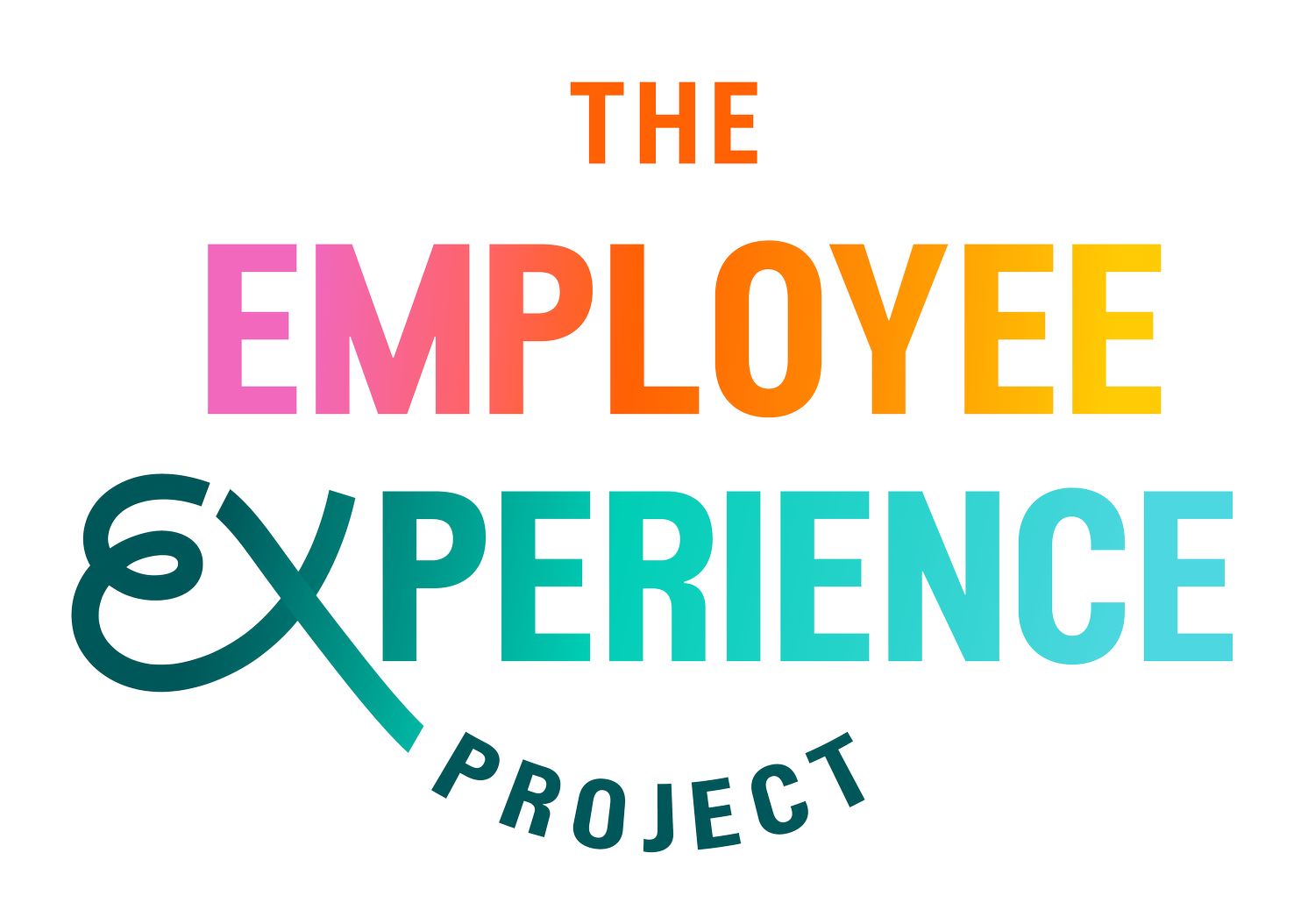Do we all need to feel HASHTAGblessed? Acknowledging your anxiety might start to set you free.
I’m certainly learning a lot about myself in terms of my reaction to significant change. I don’t know about you, but my real life is fast-paced and pushy, I make sure I have lots of things on the go, a lot of demands to balance. It’s my natural style to move fast and it means I don’t really get time to reflect unless I carve it out.
Being in the lucky position where I have been able to step back and absorb what is going on around me, to not only observe it but for once to take time to truly see, has been really interesting. One of the things I’ve been watching most is others’ reactions to the crisis. I’ve been struck by the extent to which many people’s behavior is driven by their own fear and anxiety. I’m sure you’ll agree the drive for connection and control that many of us are feeling is manifesting in really positive ways for many. However, in some circumstances our unwillingness to acknowledge and manage the swells of fear and anxiety allows some pretty unhelpful behavoiurs to drip out.
In coaching and development, I explore the idea of anxiety not being the friend of a positive, energized and connected mode and often find myself identifying its role in the unhelpful behaviours my clients grapple with day-to-day.
So what can we do to stop our fear and anxiety so strongly influencing our experience of this time in our lives?
1) Acknowledge, acknowledge, acknowledge – if your emotional regulation is out of kilter, go digging. If we leave our anxious thoughts buried or to their own devices to swirl, we end up at the whim of the emotional impact. Stopping to take stock of what is concerning us can be helpful. Sometimes chatting with someone about this, or just taking 5 mins to do some freewriting, where your just write down what is in your head without too much thought or structure can be a helpful way to see past the tip of the iceberg.
2) Once you can see your key fears, test their truth. Either in talking to someone you trust or with some personal reflection, think about whether your fears are founded in fact or if in fact, you can challenge whether those things are a real risk for you. For example, this crisis has meant you’ve taken a dip in earnings, look at your household budget versus any income and savings that you have. This will allow the general unease of not making what you did before to become more grounded in the realities of your current financial situation. Hopefully, you’ll be in the lucky position that your budget ( or your expectations on when some big things, like holidays or moving house, may happen) just need to adapt a bit.
3) Make a plan for the things you can influence. Many of us will be feeling the negative emotional impact of losing a sense of control over our lives. As such creating a sense of positive control over things is causing us stress or pressure can be helpful. It could be deciding to only focus on schooling with our kids in the mornings to release a pressured day of tension or conflict around that, or making meal and snack plans so we can approach our supermarket shop in a way that means we only have to go once a fortnight. For man of the things that are worrying us, we can take steps to minimize the risks or pressures we experience.
4) Manage the emotional impact of the things we can’t control – For some of us, there are some very real and valid worries about our own or others' health or other things that we sadly we can’t think out of. I certainly tried for the first few weeks, ordering anything my elderly father with a chronic lung condition said he was ‘popping out’ to get on Prime in an attempt to keep him safe in the house, he just found some other reason to pop out. In these cases, we need to give ourselves permission to be scared, sad or angry about it and take time to experience those emotions, in the right way. If we take time to acknowledge what is causing the negative emotion and express it in a safe way (Anyone else watch Marley and Me when they need a good cry?), we are helping ourselves to experience and release that emotion in a way that allows us to process it, rather than finding it is clogging up our brains and draining our emotional reserves.
5) Fill up our tanks – Exercise, doing tasks or activities we love, making sure we get some virtual face time with the people that make our heart sing are all critical in this time. It’s easy when feeling pressured or low to just sink into the mire. Even if we start small, with one thing that takes 5 minutes that makes us happy or feel like we’ve achieved something, we will benefit from the positive emotional impact and energy bump that will bring for the rest of the day.
